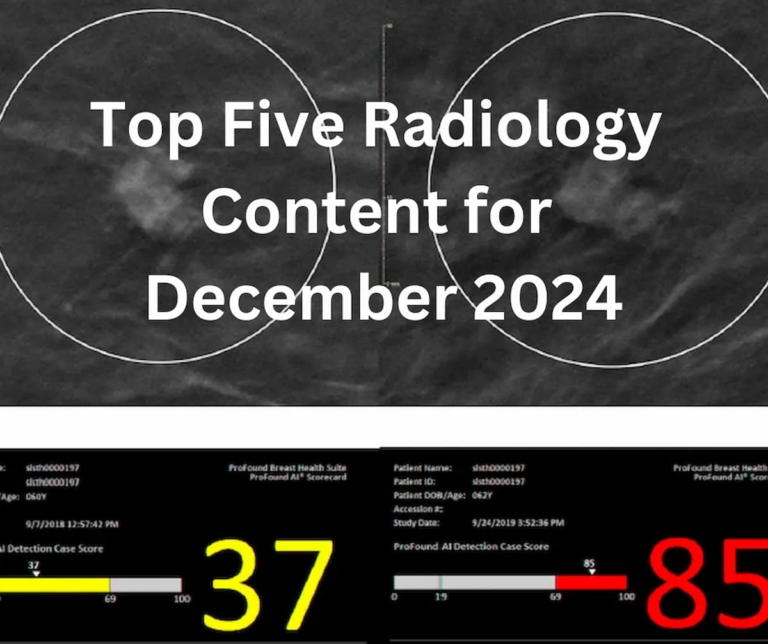
A recent study highlighted significant racial disparities in the use of medical imaging and surgical outcomes for women diagnosed with breast cancer. The research, published in Radiology: Imaging Cancer, examined data from 28,384 women who underwent surgery for newly diagnosed breast cancer, revealing that practices differ notably between Black and White women when it comes to preoperative magnetic resonance imaging (MRI).
The study cohort included 25,647 White women and 2,737 Black women, with an average age of 56, while 9,305 women in this group had preoperative MRIs. The results showed that 29.85% of Black women received an MRI before surgery compared to 33.10% of White women. For those who did not have preoperative MRIs, Black women experienced a higher positive surgical margin rate (6.17%) than White women (4.63%).
These findings underline existing racial disparities in breast cancer care. According to Dr. Amber Simmons, affiliated with the Hospital of the University of Pennsylvania and lead author of the study, Black women face a higher risk of dying from breast cancer, are often diagnosed at a younger age, and generally suffer from more aggressive forms of the disease. Yet, despite these factors, they are less likely to receive adequate treatment. The decision to order a preoperative MRI often depends heavily on the preferences of breast surgeons, but other variables also contribute to the disparity.
Dr. Simmons and her team highlighted various barriers that may restrict access to MRI for Black women, such as geographic limitations, healthcare coverage issues, financial constraints, and the availability of services that accommodate different work schedules. These factors can prevent Black women from obtaining the optimal care they need, potentially worsening already existing health disparities.
The research stressed the importance of preoperative MRIs for certain conditions, such as dense breasts or high-grade ductal carcinoma in situ, yet noted that only about a third of the women in the study received an MRI before their surgery. This inconsistency may lead to further clinical consequences, exacerbating the racial disparity in health outcomes. The study suggests addressing the barriers faced by these patients in accessing preoperative imaging and reviewing subjective triaging practices across racial subgroups.
As the researchers themselves noted, the study came with limitations. It primarily drew from a single tertiary facility with a predominantly White population, more than 90%, and did not consider confounding factors such as family cancer history or existing health conditions. Despite these limitations, the findings reinforce the call to investigate and reduce disparities in breast cancer treatment, particularly regarding the utilization of important diagnostic tools like preoperative MRIs.


